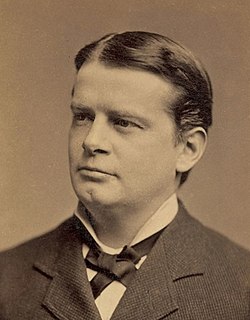A Quote by Ned Sublette
Like slaves on the sugar plantations of the Antilles, ...the sugar slaves of southern Louisiana had negative birthrates for as long as slavery lasted.
Related Quotes
I can't say with certainty that slavery would have ended more quickly and more completely if the South had been allowed to leave and escaped former slaves had been allowed to remain free, and the North and the rest of the world had been a positive influence on the South. However, it's certainly a possibility that it would have ended sooner if the southern slave owners had agreed to a system of compensated emancipation and freed the slaves without a war and without secession, as most nations that ended slavery did. That absolutely would have been preferable to the Civil War as it happened.
Slavery as an institution that degraded man to a thing has never died out. In some periods of history it has flourished: many civilizations have climbed to power and glory on the backs of slaves. In other times slaves have dwindled in number and economic importance. But never has slavery disappeared.
Many Southern Plantation owners were working towards the day when they could convert their investment to more profitable industrial production as had been done in the North, and others felt that freemen who were paid wages would be more efficient than slaves who had no incentive to work. For the present, however, they were stuck with the system they inherited. They felt that a complete and sudden abolition of slavery with no transition period would destroy their economy and leave many of the former slaves to starve - all of which actually happened in due course.
In supporting argument for segregation, Paul [the apostol] addresses the people in his epistle to the Colossians, and he tells them how to treat their slaves. "Slaves, obey your masters. Masters, be kind to yourslaves." Paul was in favor of a kinder and gentler slavery; it never occurred to him to raise the question about whether slavery itself was immoral.
In all the ages the Roman Church has owned slaves, bought and sold slaves, authorized and encouraged her children to trade in them. . . . There were the texts; there was no mistaking their meaning; . . . she was doing in all this thing what the Bible had mapped out for her to do. So unassailable was her position that in all the centuries she had no word to say against human slavery.







































